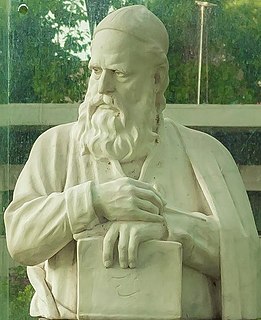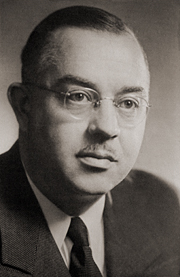A Quote by William Penn
Do what good thou canst unknown, and be not vain of what ought rather to be felt than seen.
Related Quotes
I am ever Thine. If Thou cast me out, who shall take me in? If Thou disregard me, who shall look on me? More canst Thou remit, than I commit; more canst Thou spare, than I offend. Let not hurtful pleasures overcome me; at the least let not any perverse habit overwhelm me; From evil and unlawful desires; From vain, hurtful, impure imaginations; from the illusions of evil spirits; from pollutions of soul and of body; Good Lord, deliver me.
That, chang'd thro' all and yet in all the same, Great in the Earth as in th' Ætherial frame, Warms in the Sun, refreshes in the Breeze, Glows in the Stars, and blossoms in the Trees... Breathes in our soul, informs our mortal part... Submit - in this, or any other Sphere, Secure to be as blest as thou canst bear. All Nature is but Art, unknown to thee; All Chance, Direction which thou canst not see; All Discord, Harmony not understood... All partial Evil, universal Good.
It seems that wherever the Welfare State is involved, the moral precept, "Thou shalt not steal," becomes altered to say: "Thou shalt not steal, except for what thou deemest to be a worthy cause, where thou thinkest that thou canst use the loot for a better purpose than wouldst the victim of the theft."
Christian morality (so called) has all the characters of a reaction; it is, in great part, a protest against Paganism. Its ideal is negative rather than positive; passive rather than action; innocence rather than Nobleness; Abstinence from Evil, rather than energetic Pursuit of Good: in its precepts (as has been well said) "thou shalt not" predominates unduly over "thou shalt.






































